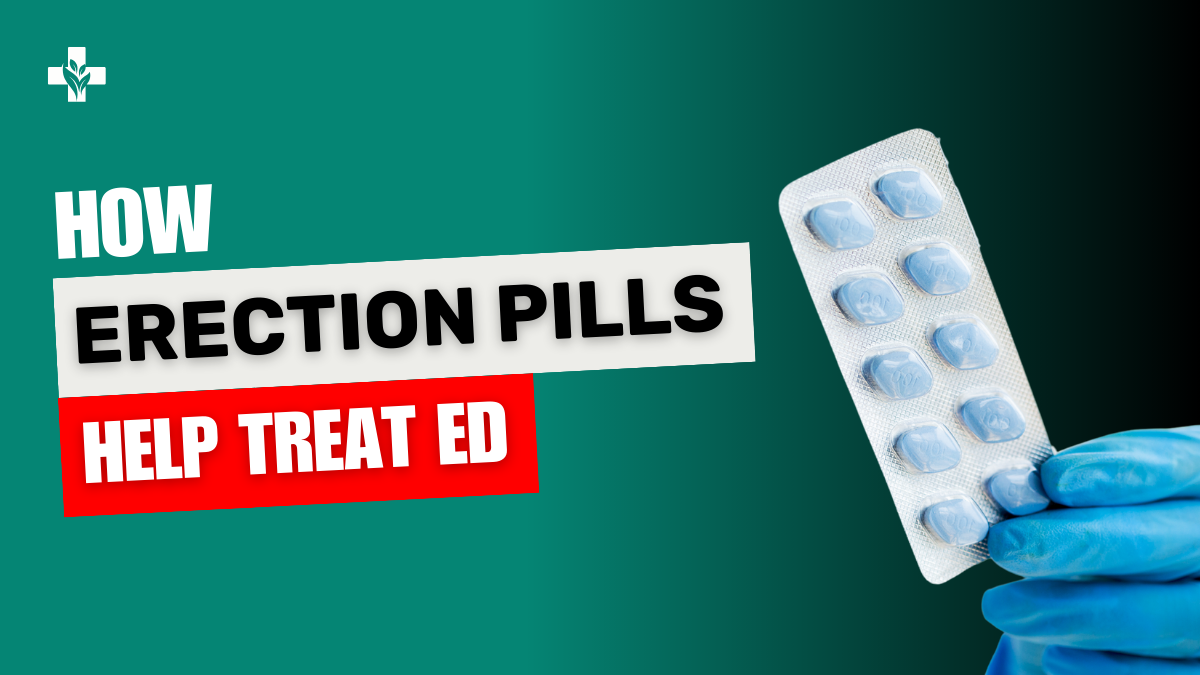Has your hair lost its natural volume? Want to do something about it?
Well, you are not the only one facing this problem.
It is estimated that nearly two-thirds of males notice hair thinning to some degree by the age of 35.
Although hair shedding problem is always associated with males, nearly 50% of females suffer from hair thinning by the age of 50.
Unhealthy hair can be frustrating, and it can affect your confidence.
However, there are plenty of options available for treating your hair, such as hair transplants, laser therapy, and medications.
Among those, medications for hair thinning are the most popular and safe treatment preferred by people.
Hair loss medications reduce hair fall and sometimes even reverse it.


Medication for hair loss in females
Hair thinning in females is very common, as around 50% of women experience hair fall in their lifetime.
The most significant cause is Female Pattern Hair Loss (FPHL), affecting one-third of women facing the hair shedding problem.
The most effective solution for this hair fall problem in females is Minoxidil.
It is the only Food and Drug Administration (FDA) approved hair loss medication for hair thinning problems in women and is available over the counter as a foam or solution.
How Minoxidil works
Minoxidil is a Potassium Channel Opener.
It works by shortening the resting period (Telogen phase) of hair and increasing the growing (Anagen phase) period of hair.
A 2021 research shows that Minoxidil’s Anti-Inflammatory, Vasodilating, and Anti-Androgenetic factors contribute to hair regrowth.
Its Vasodillation action expands blood vessels and enhances blood flow.
Thus, when Minoxidil is applied to the scalp, the increased blood flow gives more Oxygen and nutrition to the hair follicles.
It reduces hair shedding and makes hair strong.
Minoxidil also helps further increase the thickness of hair follicles, resulting in thick hair.
How to apply Minoxidil


Minoxidil comes as a solution and as foam.
To apply the solution, ensure your hair and scalp are completely dry.
Apply the amount prescribed by your doctor using the applicator on your scalp, starting with the area most affected by hair fall.
If you are using Minoxidil foam, then part your hair to expose the scalp properly.
Clean your hand properly after using the medicine.
Do not wash your hair for at least four hours after applying the medication.
If your scalp becomes irritated or itchy after use, speak with your doctor and have it checked.
The dose of Minoxidil differs from person to person.
Hence speak with your doctor or read the instructions given on the label of the medicine before applying it.
Medication for hair loss in males


Hair thinning is more common in males than in females, with up to 85% of males experiencing hair fall at least once in their lifetime.
Along with Minoxidil, Finasteride is also an FDA-approved hair loss medication for male pattern baldness.
Finasteride
Finasteride, also called Propecia, is a hair loss medicine only for males.
How it works
Finasteride is a medication for hair fall problems that works by blocking the action of 5-Alpha Reductase.
5-Alpha Reductase is an Enzyme that turns testosterone hormone into another enzyme Dihydrotestosterone.
Since this enzyme reduces hair growth, blocking it helps enhance the regrowth of hair.
A considerable proportion of males using Finasteride observed a reduction in hair loss.
Finasteride reviews are highly positive and it has helped millions of men with hair fall problems in the last three decades.
Since it is harmful to the unborn baby, women planning to get pregnant or are pregnant must not touch crushed or broken Finasteride tablets.
How to take Finasteride
Finasteride should be taken in the dosage and intervals prescribed by your doctor.
You can take it with a glass of water at a fixed time every day, with or without food.
You can refer to the leaflet that comes with the medicine for the instructions.
Do not hesitate to speak with your doctor if you have any doubts or queries.
Finasteride takes time to show its effects, so you need to use it for at least three months to get its benefits.
Its effects last as long as you are taking the medication; hence, do not stop taking it, or you’ll start losing your newly grown hair within one year.
Hair loss caused by medication
Hair loss can either be permanent or temporary.
Temporary thinning of hair is often due to certain medications you are taking and can be solved by finding alternatives for those medicines.
Hair loss caused due to medicines usually affects the whole body hair, with the scalp as the most affected area.
These medications damage hair follicles and can cause mainly two types of hair loss.
Telogen Effluvium
Telogen Effluvium is the second most common type of hair loss diagnosed by dermatologists.
Its symptoms include reduced hair density, usually on the top of your head.
It is a type of hair loss that causes your hair to enter the Telogen stage prematurely, and you may lose around 300 hair per day.
Usually, Telogen Effluvium is the consequence of the medicines mentioned below:
- Interferons
- Anticoagulants
- Retinol and its derivatives
- Antihyperlipidemic
- Beta-Blockers
- Antidepressants
- Nonsteroidal Anti-Inflammatory medicines
After starting these medicines, you may start noticing significant hair fall after 2 to 4 months of use, and it may last up to 6 months.
Speak with your doctor if you see significant hair shedding after starting any treatment.
Then your doctor may suggest you some alternative or stop your medications.
Anagen Effluvium
As the name suggests, Anagen Effluvium is a form of hair loss that affects hair in its Anagen phase.
In Anagen Effluvium, hairs suffer due to toxic and inflammatory reactions.
Antimetabolites, Alkylating Agents, and Mitotic Inhibitors administered as Chemotherapeutic Therapy usually cause hair fall.
People with Anagen Effluvium notice rapid hair shedding that starts within two weeks of administering these medicines.
Hair loss caused due to these medicines is normally nothing to be worried about as hair starts to grow back once your treatment is over.
Conclusion
It is important to note that hair loss is curable as long as you start the treatment early and take the right medication.
Stay patient during the treatment and take medication regularly to get desirable results.
Seek expert opinion from your doctor and address any issues and queries you have regarding your hair problem.
Frequently Asked Questions
Is there a pill to take for hair loss?
Yes. For your hair loss problem, you can take Finasteride. It is an effective hair fall medication that makes hair stronger and thicker.
Can medication cause hair loss?
Yes. Some medicines, including Antidepressants, Beta-Blockers, Anticoagulants, and Antimetabolites, have hair shedding as one of their side effects. But once you stop taking that medication or start using an alternative, your hair will start regrowing again, and hair loss will also slow down.
How do I prevent my hair from falling out and thinning?
There are several treatments available for some types of hair fall. Start the treatment as early as possible if you are experiencing a hair loss problem. Consult your doctor about your hair loss and about any medications you are taking.
WowRxPharmacy uses only high-quality sources while writing our articles. Please read our content information policy to know more about how we keep our content reliable and trustworthy.








